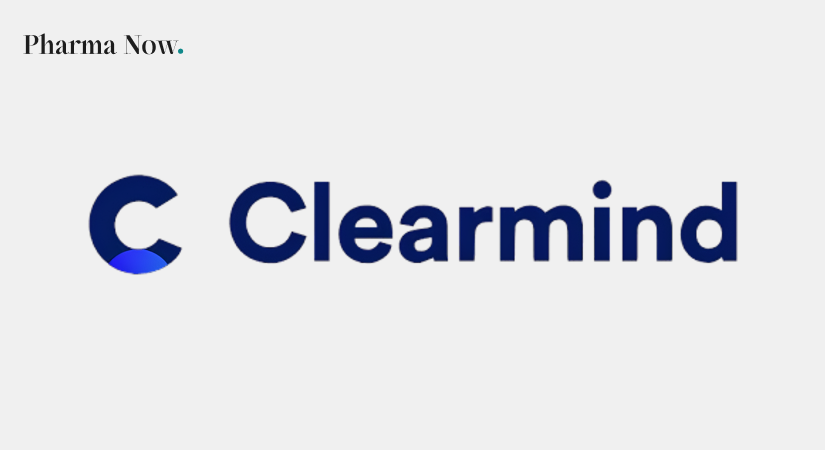Clearmind Medicine Marks Key Milestone With Completion Of First Cohort Treatment In Its FDA-Approved Phase I/IIa Trial For Alcohol Use Disorder
Clearmind Medicine completes dosing in the first cohort of its FDA-approved Phase I/IIa trial evaluating CMND-100, a psychedelic-based therapy for Alcohol Use Disorder.
Breaking News
Nov 03, 2025
Simantini Singh Deo

Clearmind Medicine Inc., a clinical-stage biotechnology company focused on developing psychedelic-derived therapeutics for under-treated health conditions, has announced that the final patient in the first cohort of its Phase I/IIa clinical trial for CMND-100 has now received treatment under the company’s U.S. Food and Drug Administration (FDA)-approved clinical protocol.
CMND-100 is Clearmind’s proprietary oral drug candidate based on MEAI (5-methoxy-2-aminoindane) and is being investigated as a potential treatment for Alcohol Use Disorder (AUD). The completion of treatment for the first cohort marks an important step in the study’s progression as the company continues to assess CMND-100’s safety, tolerability, and preliminary efficacy in helping individuals reduce or stop alcohol consumption.
So far, six patients have been successfully enrolled and treated in the trial. Two patients were treated at Johns Hopkins University School of Medicine, and four patients were treated at the Yale School of Medicine’s Department of Psychiatry. These two leading research centers are globally recognized for their expertise in neuropsychiatry and addiction studies, underscoring the high scientific and clinical standards driving Clearmind’s program. In addition, two more clinical sites in Israel have been activated to support the ongoing multinational Phase I/IIa trial.
The study is structured as a single- and multiple-dose, open-label trial designed to evaluate the safety, tolerability, and pharmacokinetic (PK) profile of CMND-100 in adults with varying levels of alcohol use. The trial also aims to observe early indicators of therapeutic benefit, such as reductions in alcohol craving, drinking frequency, and overall consumption. Participants include both non-treatment-seeking individuals who report heavy binge drinking and treatment-seeking individuals diagnosed with Alcohol Use Disorder according to DSM-5 criteria. All participants express a desire to either reduce or stop drinking alcohol.
This trial follows the FDA’s approval of Clearmind’s Investigational New Drug (IND) application, marking a significant milestone in advancing CMND-100 as a potential breakthrough therapy for AUD—a condition affecting millions of people worldwide. Current treatment options for AUD are often limited or ineffective, highlighting the urgent need for new and more effective interventions. According to Data Bridge Market Research, the global market for alcohol-dependency treatments was valued at approximately $13.2 billion in 2024 and is expected to grow to about $20 billion by 2032, reflecting a major unmet medical need and growing commercial opportunity for innovative therapies.
Dr. Adi Zuloff-Shani, Chief Executive Officer of Clearmind Medicine, commented on the milestone, saying, “We are pleased with the progress of patient enrollment and treatment so far. Completing dosing for the last patient in the first cohort of our FDA-approved Phase I/IIa trial is a significant achievement for Clearmind. With six patients successfully treated at world-renowned centers like Johns Hopkins and Yale, we’re encouraged by the progress in evaluating CMND-100’s safety, tolerability, and potential to help people struggling with Alcohol Use Disorder. As we move forward with data analysis, our focus remains on developing innovative psychedelic-derived treatments that empower individuals to overcome addiction and improve their quality of life.”
The ongoing Phase I/IIa clinical trial is expected to provide key insights into CMND-100’s therapeutic profile and inform the design of future clinical studies. Clearmind’s broader mission continues to center on advancing science-driven, novel therapeutics that address significant gaps in mental health and addiction treatment.
